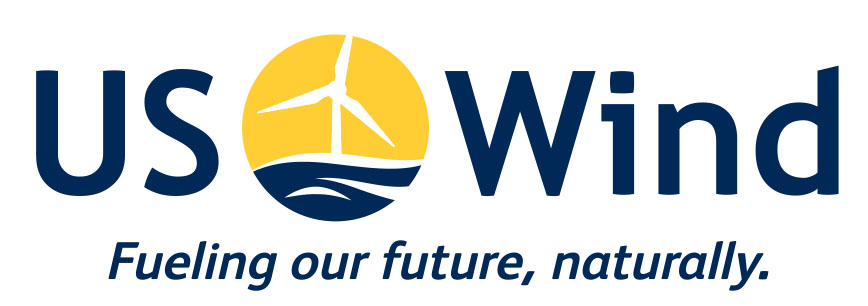Mobilizing Climate Action in the States
Last month, three newly elected governors joined the United States Climate Alliance, bringing the number to 19 states and Puerto Rico, a group which aims to take “real, on the ground action that urgently addresses the climate challenge.” These include implementing policies that aim to reduce greenhouse gas emissions by at least 26-28 percent below 2005 levels by 2025, tracking and reporting progress to the global community in appropriate settings, and accelerating new and existing policies to reduce carbon pollution and promote clean energy deployment at the state and federal level.
With the ‘Green New Deal’ resolution introduced in Congress, the focus on climate policies becomes more significant than ever. While a major federal climate legislation is not expected to be passed anytime soon, states have mobilized towards major climate action.
- Wind and solar power. Augmenting and accelerating current policies that require utilities to use more renewable electricity. Governors in Maine and New Mexico are pushing for restoring local incentives for rooftop solar and wind power and requiring electric utilities to get 50 percent of their power from renewable sources by 2030, respectively—following Colorado and Nevada’s implemented policies. In New Jersey, legislation was passed similar to New Mexico’s, as well as subsidizing existing nuclear power plants. In November last year, New York Governor Andrew Cuomo issued a solicitation for 800 MW or more of offshore wind projects in the state.
- Cutting pollutant emissions. Ten states, including Pennsylvania and Maryland, announced that they are working to “put a price on emissions from transportation fuels and invest the revenue in lower-carbon solutions, potentially including mass transit, electric buses or new charging stations to make it easier for people to own plug-in vehicles.”
- Carbon pricing. While Washington State voted against statewide tax on carbon emissions last November, a cap-and-trade system is being considered in Oregon. Virginia and New Jersey are planning to join the Regional Greenhouse Gas Initiative, the first mandatory market-based program in the United States to reduce greenhouse gas emissions, a cooperative effort among the states of Connecticut, Delaware, Maine, Maryland, Massachusetts, New Hampshire, New York, Rhode Island, and Vermont to cap and reduce CO2 emissions from the power sector.
